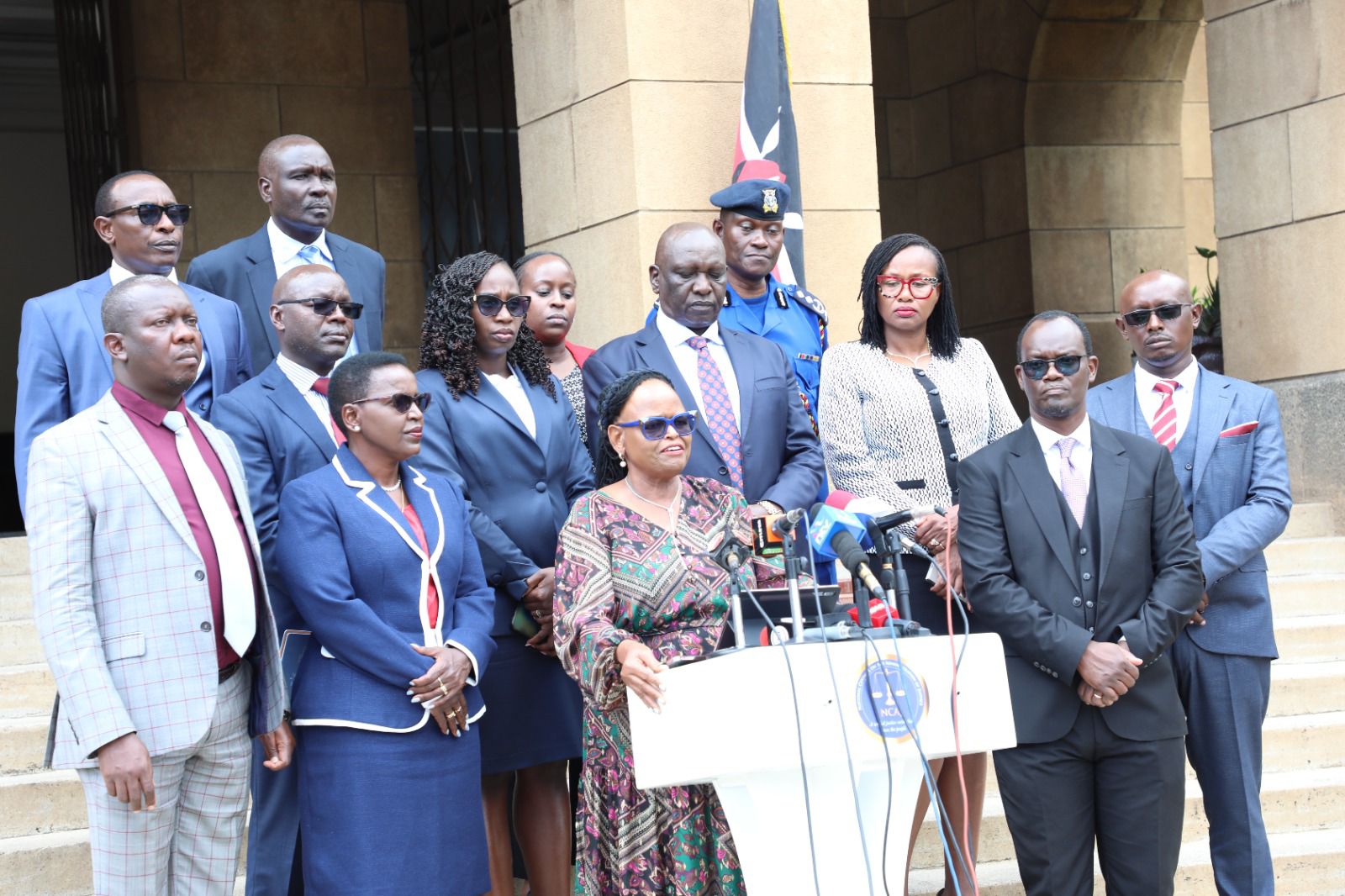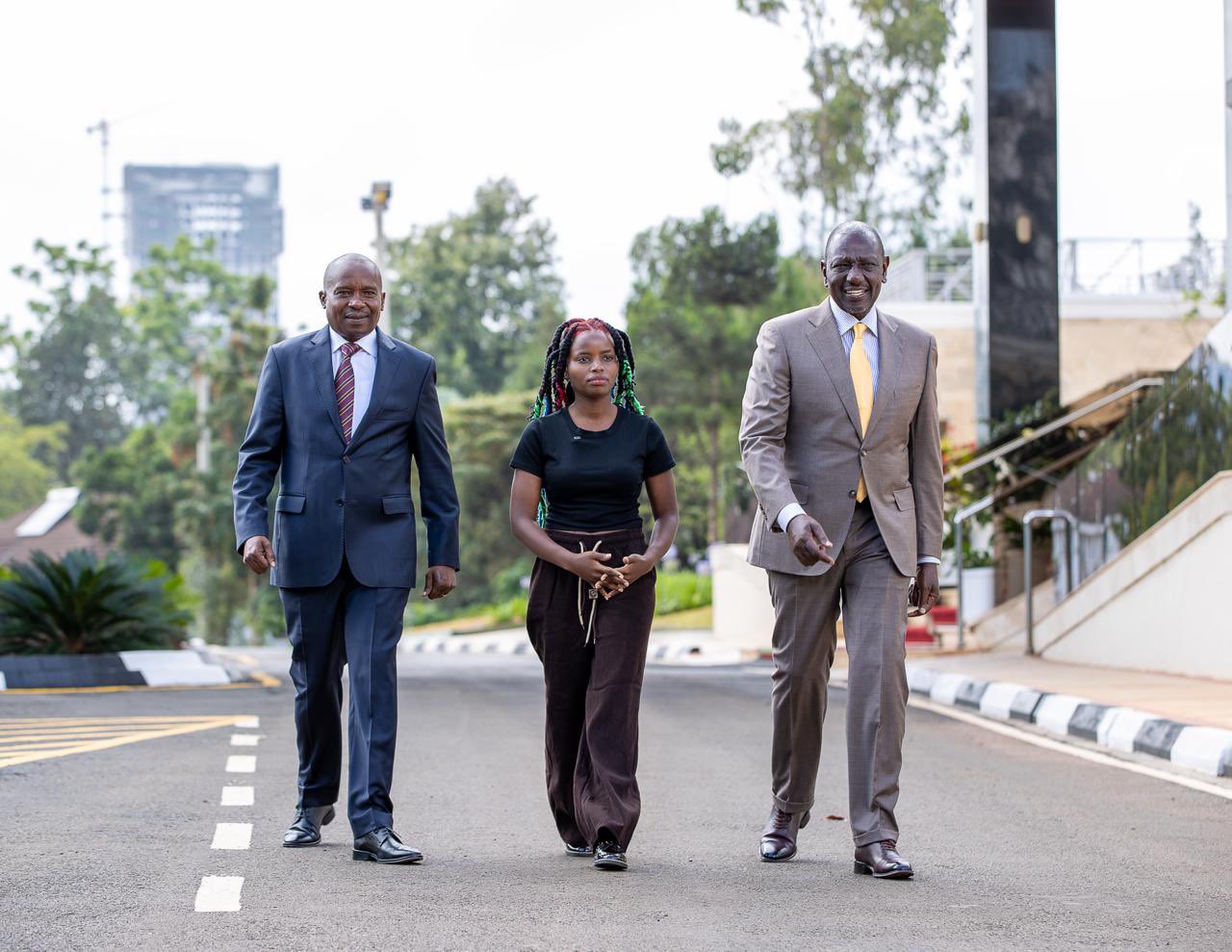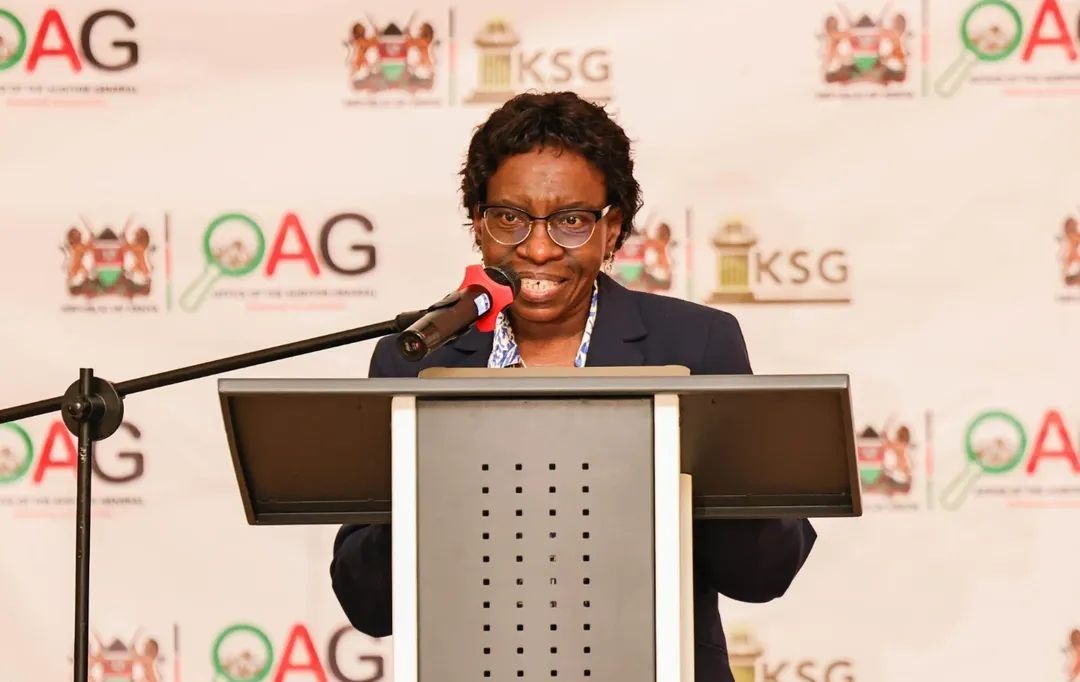Nubians want Ruto's promise on elimination of ID applicants vetting implemented
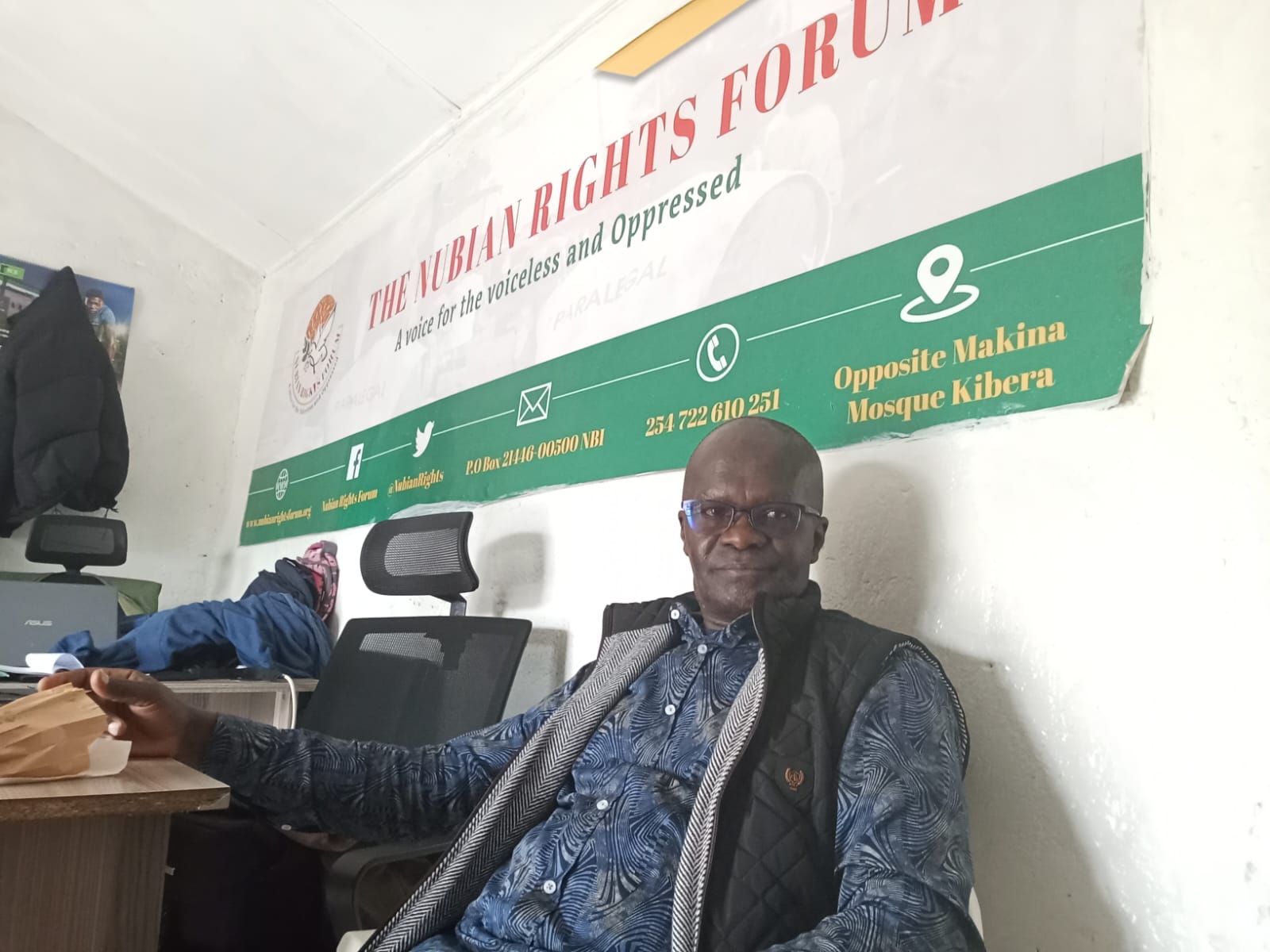
Members of their community have encountered difficulty obtaining the documents and have sometimes had to allegedly bribe officials to expedite the process.
A lobby fighting for the rights and welfare of the Nubian community has demanded the immediate implementation of a directive eliminating strict vetting on national identification cards.
The Nubian Rights Forum, based in Kibera, decried the continued difficulty that the members of the community, who largely live in the informal settlement, face when acquiring identification documents.
More To Read
- Nubians recognised as Kenyan ethnic group since 1978, says CS Murkomen
- Audit uncovers 50,000 ghost learners in secondary schools as verification hits 50 per cent
- Petition challenges legality of Maisha Namba, cites marginalisation and privacy risks
- State begins issuance of Maisha cards to KCSE candidates
- Lobby championing rights of Nubians hope new Interior chief will solve their woes
- Government issues notice on IDs, birth certificates and driving licenses
According to the lobby's Executive Director, Shaffie Ali Hussein, members of their community have reported difficulty obtaining the documents and have sometimes had to part with money to expedite the process.
"The president promised that there will no longer be a discriminatory vetting process that locks members of the Nubian community from obtaining national identification cards. We are surprised that officials in his administration are not implementing his orders," said Hussein.
He added that the government ought to review its identification and passport card issuance policies to remove discriminatory vetting against the communities and Muslims.
Hussein's appeal comes just a week after the government announced that it will not compel Kenyans to register for the new Maisha Card and will not tie its acquisition to the next general elections.
Instead, it aims to leverage the new ID's superior features to persuade Kenyans to replace their current documents with a digital version that Maisha Namba supports.
Hussein asked Immigration Principal Secretary Julius Bitok to ensure that the Nubian community and Muslims face no hindrance when obtaining Maisha numbers.
Bitok said last week that while the current 2nd generation ID will remain valid and acceptable even in the next general election, the advanced digital features in the Maisha Card offer substantial user benefits.
"It is not the government's intention to compel individuals to apply for the Maisha Card. We want it to be voluntary, but it is advisable to consider obtaining it early.”
Hussein, who attended a forum hosted by Bitok last week with representatives from civil society organisations (CSOs), religious leaders, the private sector, youth and other special groups, said the government should walk the talk on its promises.
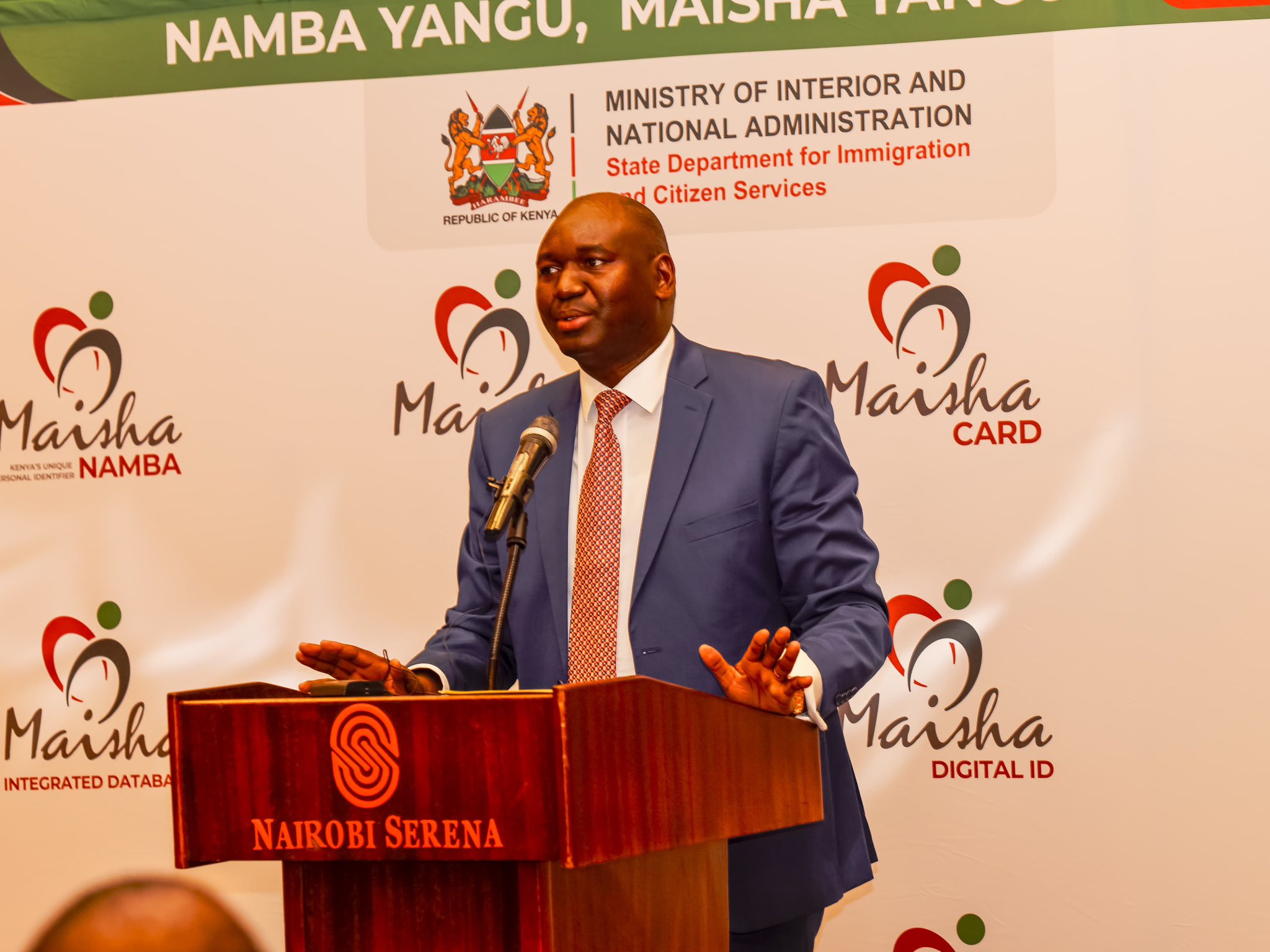 Immigration and Citizen Services, PS Julius Bitok. (X/National Registration Bureau)
Immigration and Citizen Services, PS Julius Bitok. (X/National Registration Bureau)
"We want the government to treat all Kenyans the same and not use different parameters or thresholds while issuing national identification cards," pleaded Hussein.
In the meeting, Bitok rubbished the alleged link between the introduction of the Maisha Card and a plan to rig the 2027 election, saying the earliest the 10-year expiry date will come into effect is 2033.
“This assertion is unfounded. The first Maisha card was printed in 2023. If you do the math, you’ll see that the first card to expire will be in 2033, long after the next election,” he said.
He expressed confidence in the sophisticated features of the Maisha Card, noting that once the citizens recognise its advantages, they will appreciate the value of signing up.
The Maisha Card, also known as the 3rd Generation ID, incorporates modern technology and biometric capabilities in line with international standards and global trends.
The PS defended the 10-year expiration date on the Maisha Card as aligning with industry practice, international conventions, and the reality of technological wear and tear.
It also takes into account changes in the ID card holder's facial and other biometric features over time.
"The expiration of your ID does not diminish your citizenship status; it simply indicates that your ID needs to be renewed."
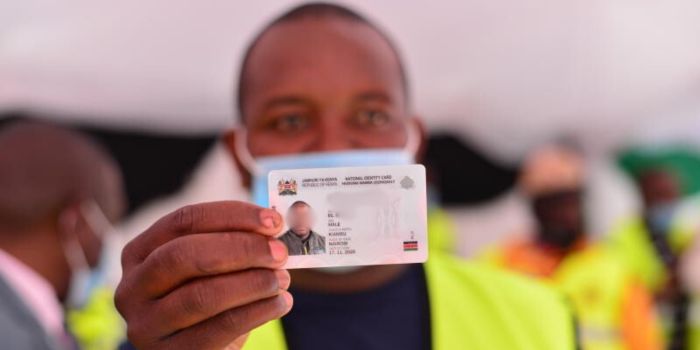 A Kenyan holds a Maisha Card. (Photo: Interior Ministry)
A Kenyan holds a Maisha Card. (Photo: Interior Ministry)A Kenyan holds a unique identification number card. (Photo: Interior Ministry)
The meeting centred on the draft regulations for the Registration of Persons Amendment Rules 2024 and the Births and Deaths Registration Amendment Rules 2024.
These amendments aim to streamline the Maisha Namba system and its components, including the Unique Personal Identifier (UPI), Maisha Digital Identity, and the Maisha Namba Database.
The regulations also aim to align the Maisha Card with counties, ensuring it serves as both an administrative unit and an identification method as outlined in the Constitution.
Top Stories Today


